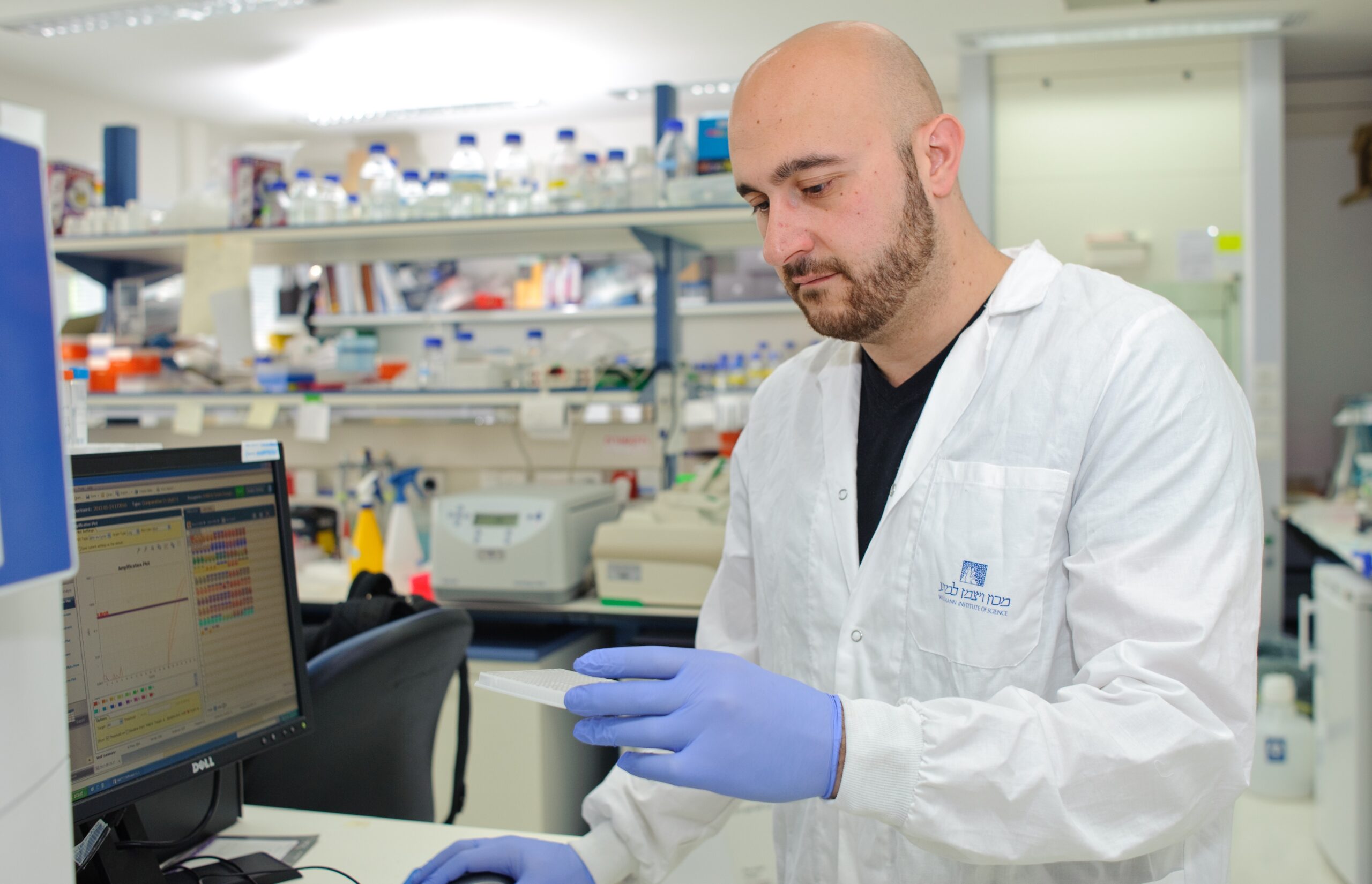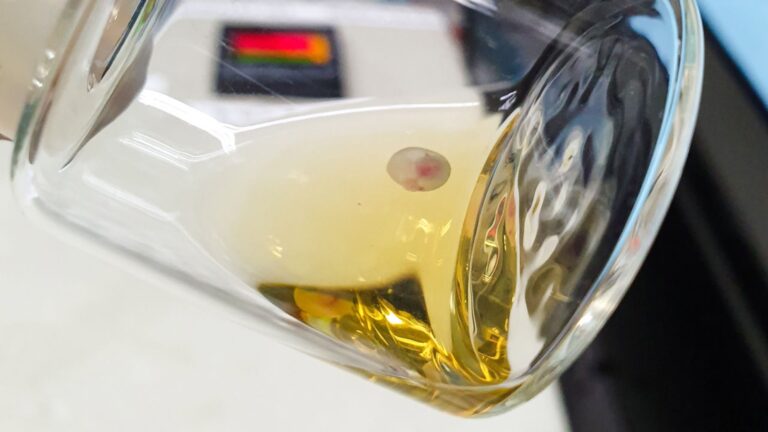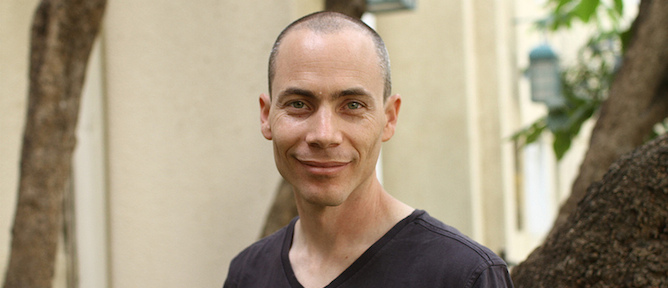New Israeli research could help facilitate the production of stem cells for medical use, as well as advancing our understanding of the mysterious process by which adult cells can revert back into their original, embryonic state. Weizmann Institute’s Dr. Yaqub Hanna and his team have revealed the “brake” that holds back the production of stem cells, and found that releasing this brake can both synchronize the process and increase its efficiency from around one percent or less today to 100%.
It is well known that embryonic stem cells have the enormous potential to treat and cure many medical problems among them repair damaged tissue, treat autoimmune disease and even grow transplant organs. That is why the discovery that induced embryonic-like stem cells can be created from skin cells (iPS cells) was rewarded with a Nobel Prize in 2012. But the process has remained frustratingly slow and inefficient, and the resulting stem cells are not yet ready for medical use.
That’s why Hanna and his team’s research is garnering headlines. Their findings were also published in Nature journal this week.
In 2006, a team led by Shinya Yamanaka of Kyoto University discovered that it is possible to “reprogram” adult cells. The resulting cells, called “induced pluripotent stem cells” (iPSCs), are created by inserting four genes into their DNA. Despite this breakthrough, the reprogramming process is fraught with difficulty: It can take up to four weeks; the timing is not coordinated among the cells; and less than one percent of the treated cells actually end up becoming stem cells.
Hanna and his team have revealed the identity of the single obstacle and show that removing it can dramatically improve reprogramming.
Hanna’s group, led by Dr. Noa Novershtern, Yoach Rais, Asaf Zviran and Shay Geula of the Molecular Genetics Department, together with members of the genomics unit of the Institute’s Israel Structural Proteomics Center, looked at a certain protein, called MBD3. MBD3 had caught their attention because it is expressed in every cell in the body, at every stage of development.
The scientists explained that in general, most types of proteins are produced in specific cells, at specific times, for specific functions. The team found that there is one exception to the rule of universal expression of this protein: the first three days after conception. These are exactly the three days in which the fertilized egg begins dividing, and the nascent embryo is a growing ball of pluripotent stem cells that will eventually supply all the cell types in the body. Starting on the fourth day, differentiation begins and the cells already start to lose their pluripotent status. And that is just when the MBD3 proteins first appear.
This finding has significant implications for the producing iPSCs for medical use. The researchers showed that removing MBD3 from the adult cells can improve efficiency and speed the process by several orders of magnitude. The time needed to produce the stem cells was shortened from four weeks to eight days.
Now the Israeli scientists say that because the cells all underwent the reprogramming at the same rate, for the first time they will be able to follow it step by step and reveal its mechanisms of operation.
“Scientists investigating reprogramming can benefit from a deeper understanding of how embryonic stem cells are produced in nature. After all, nature still makes them best, in the most efficient manner,” said Hanna.
















